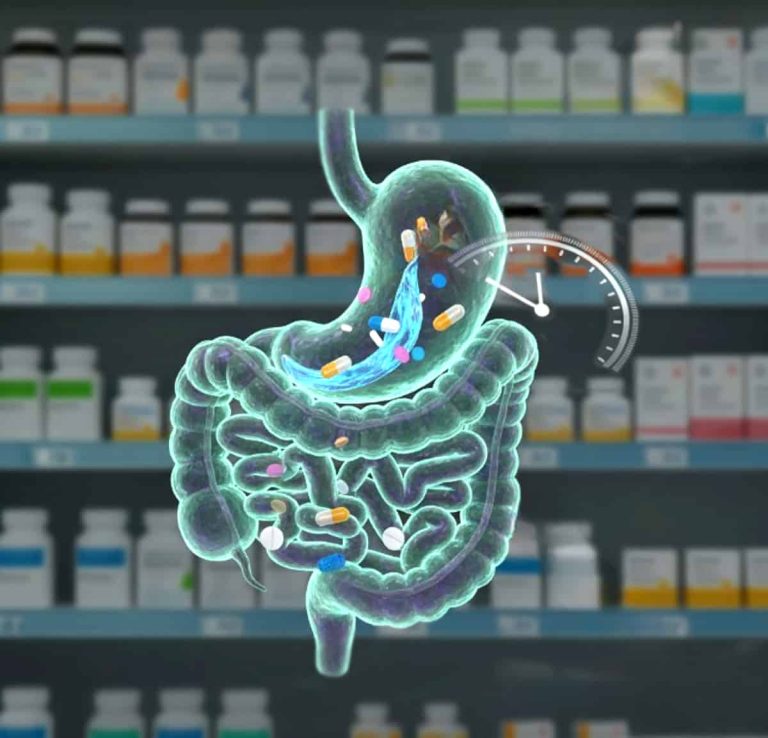Medications that can be affected by weight loss injections

Weight loss injections such as Mounjaro, Wegovy, and Ozempic are powerful medications that don’t just affect your appetite, they can also influence how other drugs work in your body.
Understanding these effects is vital, both for your safety and to ensure any other medications you take continue to work as intended.
Weight loss injections work by slowing down the movement of food from your stomach to your small intestine, which is where most of the food is absorbed into the body.
This slower stomach emptying can affect how well oral medications are absorbed, potentially making some drugs less effective or causing their effects to be delayed.
Many medications can be safely taken with weight loss injections, including antibiotics, cholesterol medications, antidepressants, thyroid medications, and most supplements and vitamins.
However, it’s vital to discuss ALL your medications and supplements with your doctor before beginning an injectable weight loss course, because some medications are incompatible and can cause serious problems.
Birth Control Pills
The common side effects of weight loss injections are nausea, vomiting and diarrhoea, which, together with slower emptying of the stomach may affect the absorption and effectiveness of the hormones in the contraceptive pill.
While this is still being researched, there is concern that using injectable weight loss drugs when on the pill may put women at risk of unintended pregnancy.
Before starting weight loss injections, women taking birth control pills should talk to your healthcare provider about using additional contraceptive methods, such as condoms, or switching to non-oral contraceptive methods such as patches or intrauterine devices.
Breakthrough bleeding or missed periods may be a sign of reduced contraceptive effectiveness.
Blood Sugar Medications
Weight loss injectables were first developed to help treat Type 2 diabetes, so anyone on medication for diabetic control can, in effect, “double up” on their medication if they use these injectables, risking hypoglycaemia (low blood sugar).
While the often-used Metformin for control of Type 2 diabetes may be safe to be taken while using weight loss drugs, but other diabetes treatments such as insulin or glyburide may be contraindicated or require dosage changes to avoid dangerously-low blood sugar levels.
It’s vital that likely interactions are assessed by a doctor before beginning weight loss treatment.
Blood Thinners
The delayed absorption of blood-thinning drugs such as warfarin means that their peak affects may be delayed, and the timing of doses may need to be adjusted.
More frequent INR (blood clotting time) monitoring may be needed, especially during the early stages of weight loss treatment.
Pain Medications
Oral pain medications such as panadol still work, but the delay in absorption can delay pain relief.
Blood Pressure Effects
The good news is that weight loss injections can help with blood pressure control, not only reducing blood pressure but reducing fat levels in the blood and liver.
People on blood pressure medication may need their dosage adjusted as their blood pressure improves with weight loss and the direct effects of the weight loss medication.
While weight loss injections can interact with other medications, most interactions are manageable with proper monitoring and communication with your healthcare team.
Remember: Never stop taking prescribed medications without consulting your doctor, and never start weight loss injections without a complete medication review with a healthcare provider who understands both your weight loss goals and your overall health needs.
